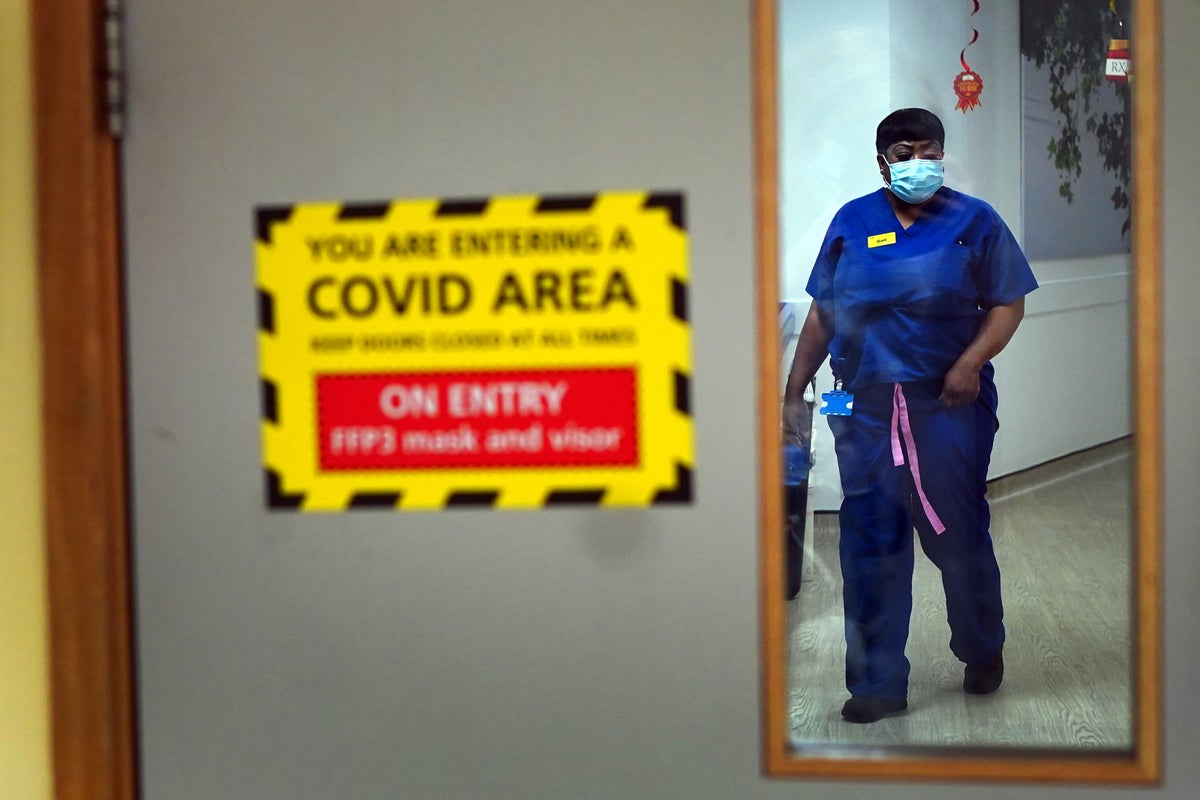
Most nurses warn that staffing levels on their last shift were not sufficient to meet the needs of patients, with some now quitting their jobs, new research reveals.
A survey of more than 20,000 frontline staff by the Royal College of Nursing (RCN) suggested that only a quarter of shifts had the planned number of registered nurses on duty.
The RCN said the findings shone a light on the impact of the UK’s nursing staff shortage, warning that nurses were being “driven out” of their profession.
In her keynote address to the RCN’s annual congress in Glasgow, general secretary Pat Cullen will warn of nurses’ growing concerns over patient safety.
Four out of five respondents said staffing levels on their last shift were not enough to meet all the needs and dependency of their patients.
The findings also indicated that only a quarter of shifts had the planned number of registered nurses, a sharp fall from 42% in 2020 and 45% five years ago, said the RCN.
Ms Cullen will say: “Our new report lays bare the state of health and care services across the UK.
“It shows the shortages that force you to go even more than the extra mile and that, when the shortages are greatest, you are forced to leave patient care undone.
We are tired, fed up, demoralised, and some of us are leaving the profession because we have lost hope
“Don’t ever think that it is normal to not have enough staff to meet the needs of patients. It is not.
“Today, members are letting the full truth be known – nursing is saying loud and clear: enough is enough.
“If there was ever a time to break this cycle – it is now.
“It is your professional duty to be concerned about unsafe staffing and we have your back.
“Twenty-five thousand registered nurses left last year – a sharp rise on the year before, at the very moment we cannot afford to lose a single individual. The pressure is too great and the reward too little.
“Nursing staff are being driven out by the current way of working – the shortage of staff and too often the poor culture.
“To those from Government listening to my words – we have had enough.
“The patients and those we care for have had enough.
“We are tired, fed up, demoralised, and some of us are leaving the profession because we have lost hope.”







